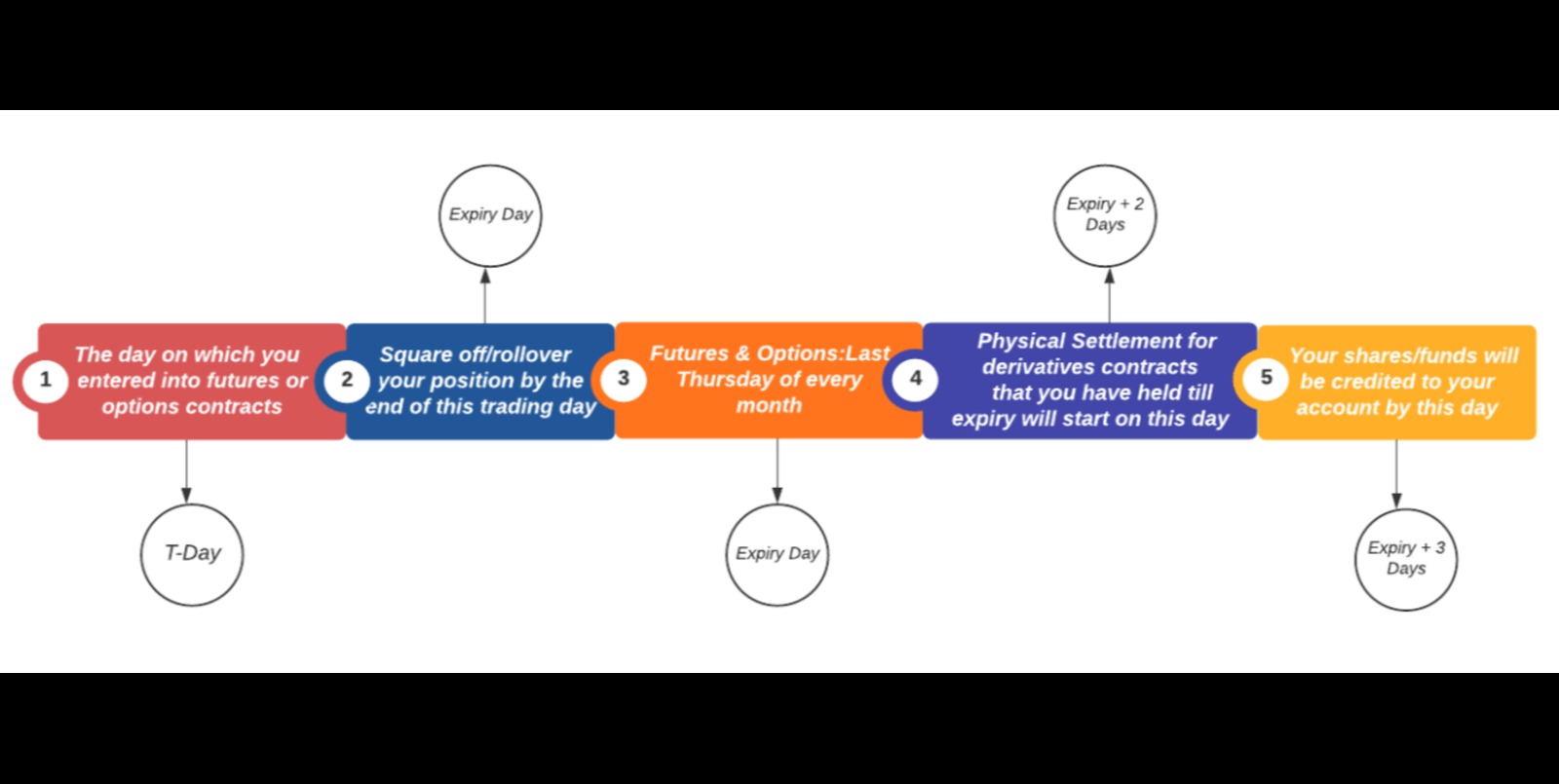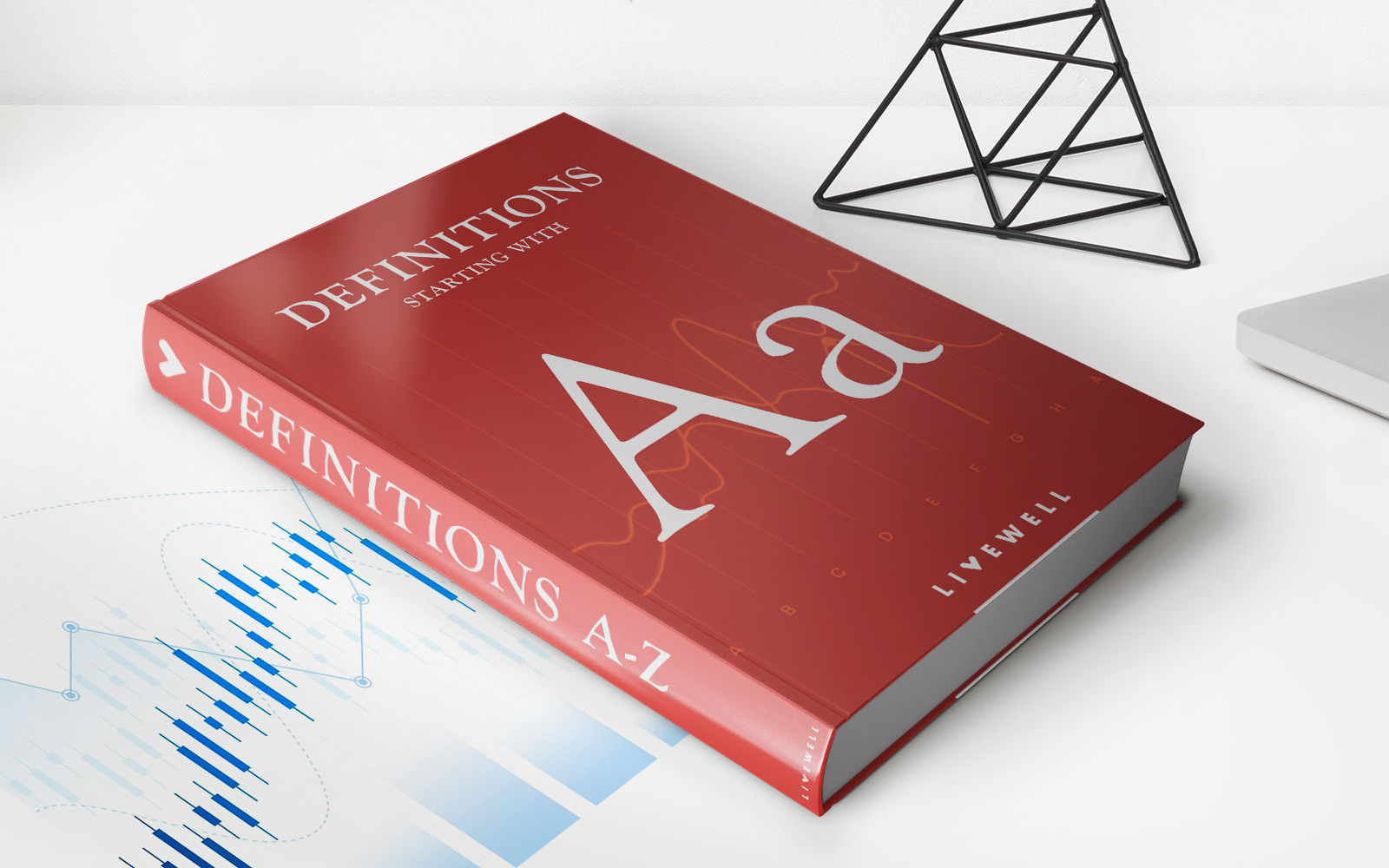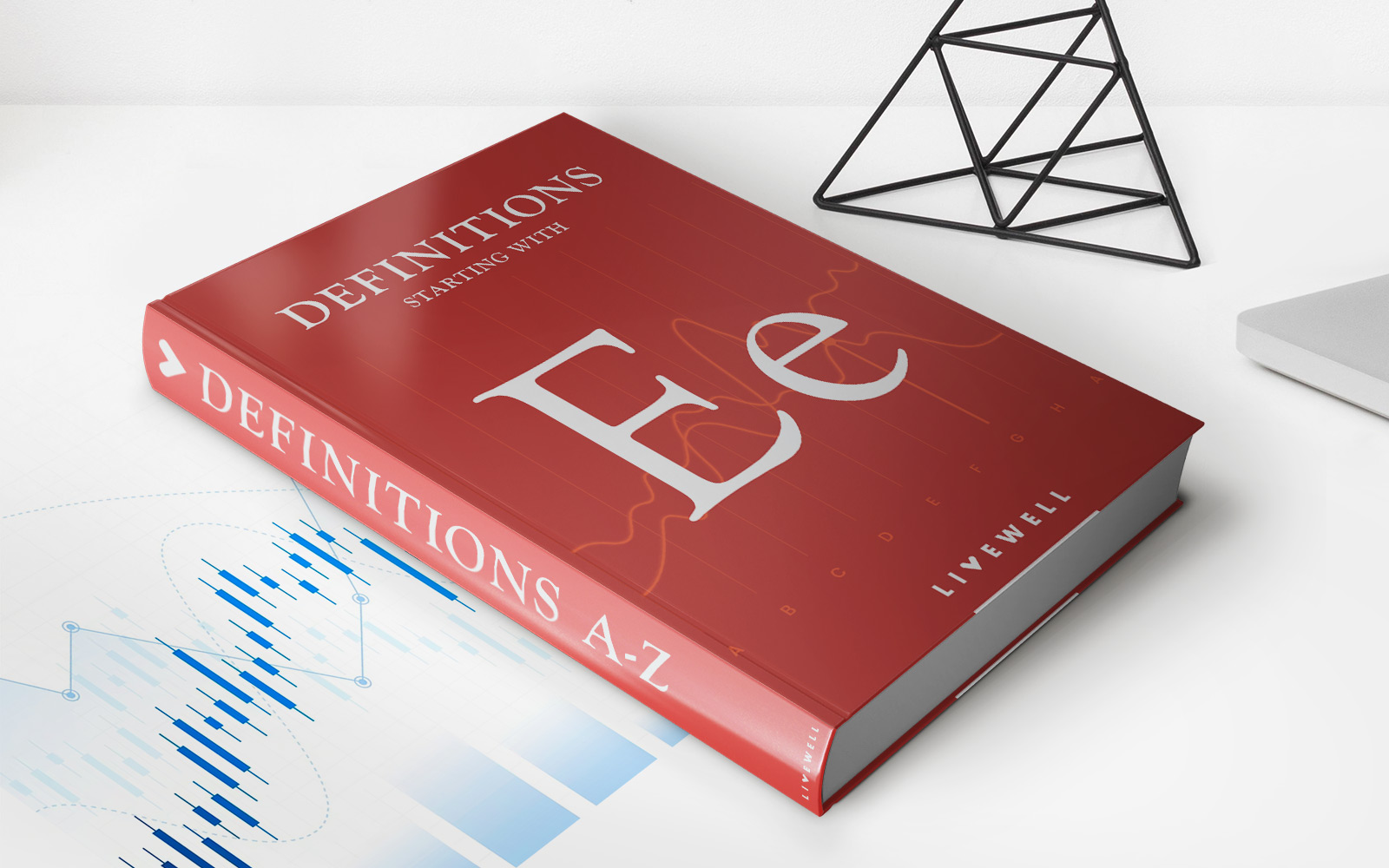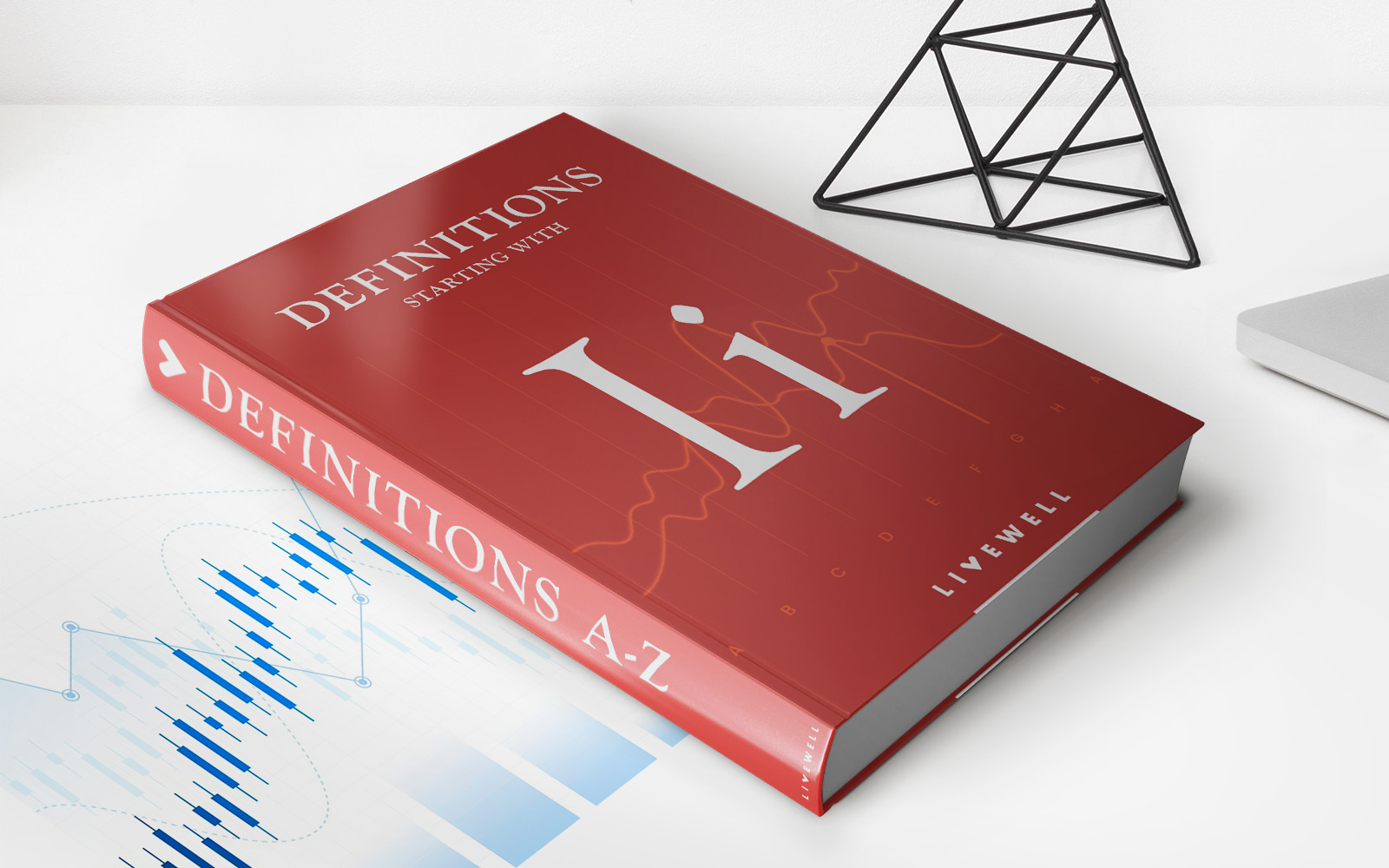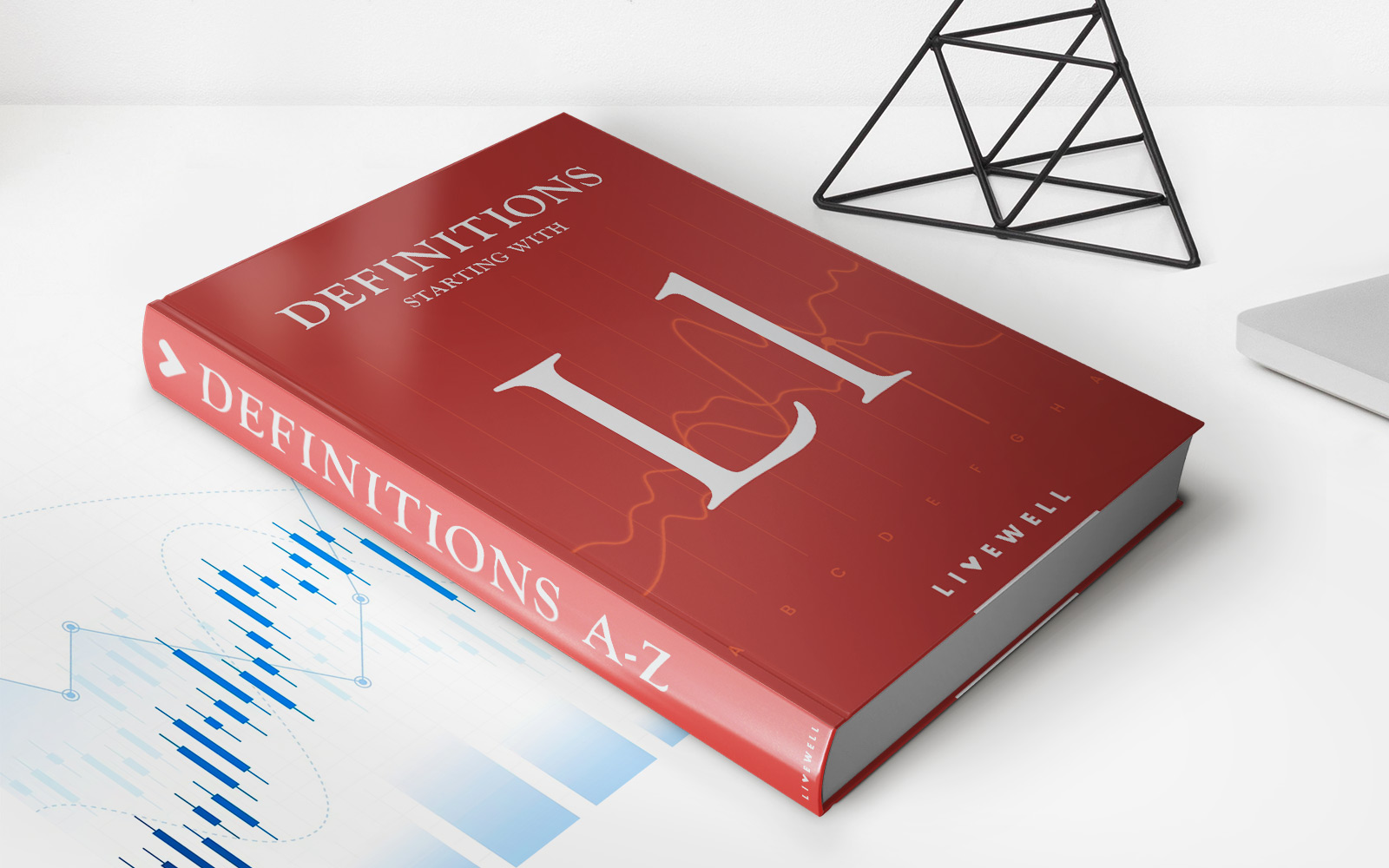Home>Finance>Cash-Settled Options: Definition, How They Work, And Benefits


Finance
Cash-Settled Options: Definition, How They Work, And Benefits
Published: October 25, 2023
Discover the definition, functionality, and advantages of cash-settled options in finance. Explore how cash-settled options work and their benefits.
(Many of the links in this article redirect to a specific reviewed product. Your purchase of these products through affiliate links helps to generate commission for LiveWell, at no extra cost. Learn more)
Cash-Settled Options: Definition, How They Work, and Benefits
Are you looking to expand your knowledge in the world of finance and investment? Look no further! In this blog post, we will explore the fascinating world of cash-settled options. Have you ever wondered what a cash-settled option is, how it works, and what benefits it can offer? Read on to find out!
Key Takeaways:
- Cash-settled options are a type of financial derivative that allows investors to speculate on the price movement of an underlying asset without the need for physical delivery.
- These options are settled in cash at expiration, where the difference between the strike price and the underlying asset’s price determines the payout.
So, what exactly is a cash-settled option? A cash-settled option is a financial contract that gives the holder the right, but not the obligation, to buy or sell an underlying asset at a predetermined price (known as the strike price) within a specified period. What makes cash-settled options unique is that instead of physically delivering the underlying asset upon exercise, the settlement is made in cash.
Now that we have a basic understanding, let’s dive into how cash-settled options work. Here’s a simplified step-by-step breakdown:
- Choosing the Option: As an investor, you can choose a cash-settled option based on your market outlook. You can opt for a call option if you believe the price of the underlying asset will rise, or a put option if you predict it will fall.
- Setting Strike Price and Expiration: You’ll then select a strike price, which is the predetermined price at which the underlying asset can be bought or sold. Additionally, you need to set an expiration date, by which your option must be exercised for it to hold any value.
- Monitoring Price Movement: As the option approaches its expiration date, you’ll monitor the price movement of the underlying asset. This will determine whether your option is “in the money,” meaning it has intrinsic value, or “out of the money,” with no intrinsic value.
- Settlement: On the expiration date, if your cash-settled option is in the money, the difference between the strike price and the underlying asset’s price will determine the cash settlement. If your option is out of the money, it will expire worthless, and no cash settlement will be made.
Now that we understand how cash-settled options work let’s explore some of the benefits they offer:
- Risk Management: Cash-settled options allow investors to mitigate risk by providing a fixed amount of potential loss at the time of purchase.
- Flexibility and Diversification: With cash-settled options, investors have the flexibility to take positions on a wide range of underlying assets, allowing for diversification in their investment portfolio.
- No Physical Delivery: One significant advantage of cash-settled options is the absence of physical delivery. This eliminates the need for storage, transportation, or other complications associated with physical assets.
In conclusion, cash-settled options provide investors with a unique avenue to participate in the financial markets without the need for physical delivery of assets. By understanding how they work and the benefits they offer, you can make informed investment decisions and potentially enhance your portfolio returns. So why wait? Dive into the exciting world of cash-settled options and unlock the potential for profitable opportunities!
